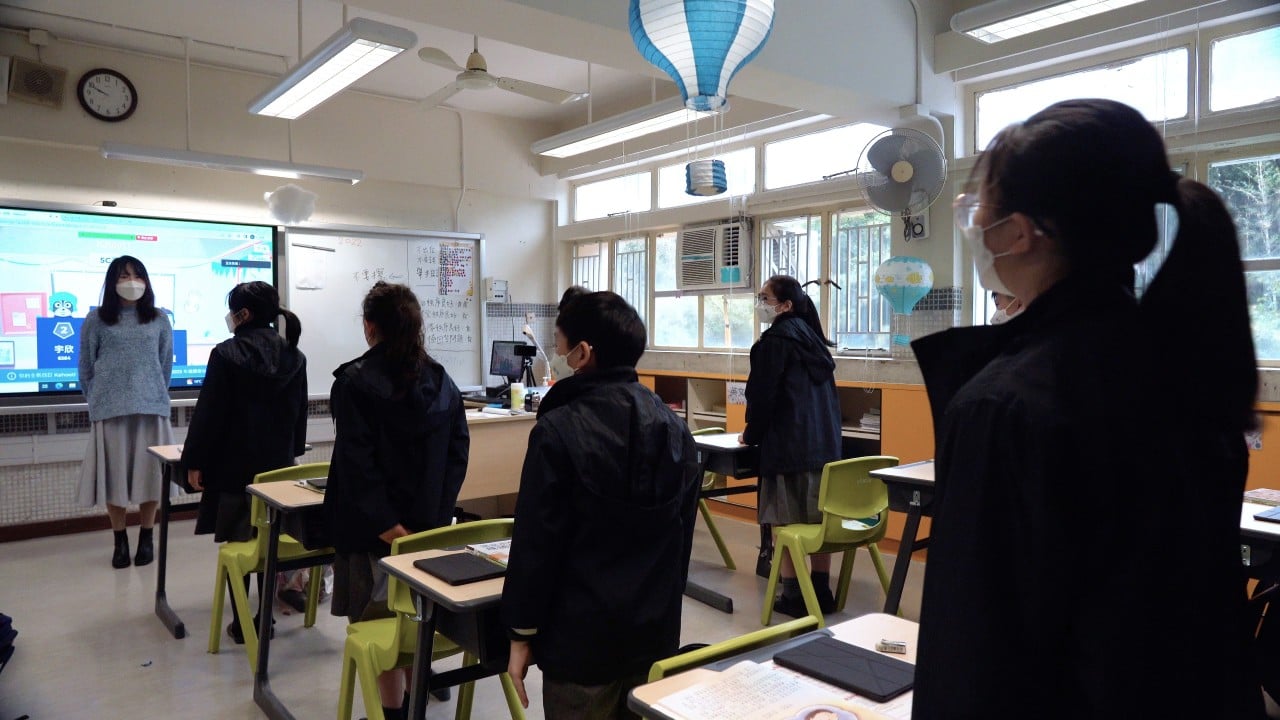A number of Chinese provinces have used artificial intelligence to monitor the national college entrance examination, or gaokao, and crack down on cheating and other violations.
A record number of 13.42 million students have registered this year for the exams, which start on Saturday, according to the Ministry of Education.
Provinces including Guangdong and Hainan in China’s south and Shandong in the east have adopted an “artificial intelligent patrol system” to supervise the exams to strengthen monitoring and ensure the fairness of the examination, according to domestic media.
“[We should] actively promote real-time intelligent inspection of examination rooms and confidential rooms, to further strengthen the hi-tech system that prevents cheating,” the ministry said on its website on June 1.
In China, the gaokao is widely considered the most important exam, the one that could make or break a young person’s future. Competition remains fierce to gain admission into the country’s top universities, with authorities taking extra measures to prevent cheating.
Regulators have adopted various technologies in recent years, including deploying drones to detect cheating activities in 2015.
And since 2016, cheating in the gaokao can be treated as a criminal offence.
According to the official Guangdong Daily, the province has deployed AI across 386 examination sites to detect cheating, plagiarism and other abnormal behaviours through image and video data. If abnormalities are detected, the system immediately triggers an alarm alerting the supervisor to take action.
However, the AI system does not completely replace human eyes. The warning information provided by AI will be manually verified, and the human exam officials will be the final decision-makers in the event of disputes, said Hongxing News, a Chinese media outlet.
Exams last between 75 and 150 minutes, and each exam room typically has two invigilators, or supervisors, to monitor 30 candidates, according to provincial government regulations.
Even though security checks and online supervision have been in place at exam site since 2013, there have still been cases of cheating. In 2021, a candidate uploaded a photo of a maths question to a search app during the examination period.
Through repeated training of AI, its accuracy rate is now far greater than that of human supervision, according to a paper analysing the use of AI to police exams. The paper, written by a research team from the Sichuan Educational Examination Authority and led by its IT department director Yang Xiaoling, was published in Education Test and Evaluation journal in March.
AI allows massive amounts of surveillance video to be processed and shortens the review time. Through AI’s learning abilities, the large data set can be turned into learning materials to help improve future exam monitoring.
To develop an AI-based system to detect cheating, a large data set of normal and abnormal exam behaviours must first be collected and annotated, the Sichuan research team said.
Computer vision technology is used to capture and process images of the exam environment, extracting visual features. Machine learning algorithms then train on these image features to establish a model for identifying abnormal exam behaviours, which can be applied to real-time exam supervision.
But the research paper also describes challenges for the AI system. Although it can monitor in real time and report any abnormalities to different administrative levels, it may still need to rely on manual reporting in some cases because of the strict controls on wireless communication in standardised exam rooms.








